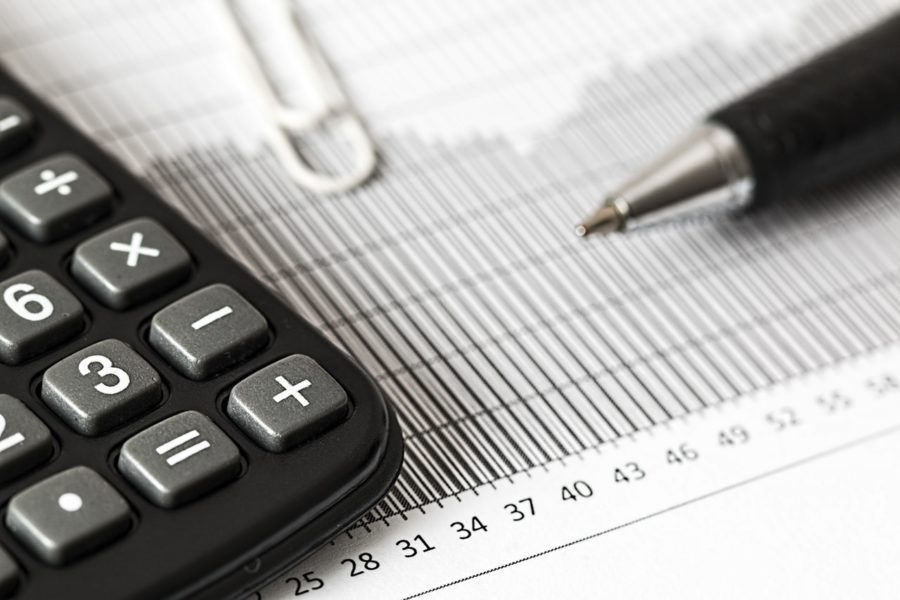Waiting until the last minute to file your tax return? Though it’s true not many people are fond of tax season, the reality is if you’re hoping to lower your annual tax bill as much as possible—and avoid costly penalties for missing paperwork—you’ll want to give yourself amble time to file your return for maximum benefit.
Here Are Some Simple Tax Preparation Tips:
Decide Who Is Preparing Your Tax Return:
Whether you’re a do-it-yourself tax filer, or you’d rather leave the responsibility to a professional preparer, now is the time to decide who will be filing your 2018 tax return. There are many popular tax software options available for DIY individuals, including TurboTax, Credit Karma Tax, or TaxAct. However, if having an expert guide you through the process, answer questions, and ensure you submit the correct documentation—to comply with new state and federal requirements—gives you peace of mind, you’ll need to find one quickly. If you have a financial planning advisor, ask for recommendations on quality CPAs in your area.
Once you find a reputable CPA to handle the filing of your taxes, be sure to prepare the following documentation before your scheduled meeting:
Organize Your Tax-Related Documentation:
January 31st marks the official deadline for issuers (i.e. employers, banks, and other financial institutions) to send any tax-related documentation (e.g. W2s, 1099s, 1098s, etc.) to your address. Be sure to collect and organize these forms to ensure you’re not missing any required paperwork. Ask yourself the following questions: Did you make any contributions to your 401(k) last year or open a Roth IRA? Did you pay off your student loans or accumulate additional income from freelance or contract work? By asking these questions and organizing your paperwork early, you can identify any missing documents and contact the issuer to have it resent immediately.
Create a Spreadsheet of Your Expenses:
This is typically the part no one likes to do, but it is one of the most essential tasks, especially if you’re hoping to lower your tax bill. Whether you’re itemizing your personal deductions or claiming the standard deductions, be sure to gather together the appropriate receipts that document these expenditures.
The best way to stay organized and ensure you’re not forgetting to include any job or investment-related expenses is to create an excel spreadsheet that categorizes your expenses by medical; business; charitable; real estate; moving (if applicable); and so on. This will also benefit you if you decide to hire a CPA to file your taxes. Remember, the more organized you are, the less time it takes your preparer to file, which ultimately gives he/she more time to assess your return and inform you of any tax benefits to which you may be entitled.
Review Last Year’s Income Tax Return:
Having access to your most recent tax return is a great way to gather information fast and apprise your CPA of any types of deductions that you may have previously qualified for but missed. It also paints a detailed picture of where you were last year compared to this year, which may help you identify any discrepancies and areas for improvement in managing your financial investments.
In part 2 of this blog series, we’ll discuss how you can read and understand your 2018 tax return to help inform your financial planning strategies for a better return in 2019.


